Succeeding in the 2026 board game market requires a sophisticated grasp of the modern tabletop ecosystem. As the industry matures, publishers and distributors have become increasingly discerning.
Today, every designer and game art studio must present a comprehensive value proposition supported by rigorous testing and a keen sense of market trends.
In this guide, we will outline the contemporary methods for selling game concepts, explain how publishers vet submissions, and detail how to position your work for professional licensing or independent release in a landscape defined by platforms like BoardGameGeek and major international conventions.


Need Game Art Services?
Visit our Game Art Service page to see how we can help bring your ideas to life!
What Is the Best Way to Sell Your Board Game Idea?
There is no universal “correct” path to selling a game idea; rather, the best approach depends on your personal objectives, available capital, and expertise.
Designers generally navigate three primary routes: self-publishing, launching a crowdfunding campaign, or licensing the concept to an established company. Each choice presents unique trade-offs in terms of financial risk, creative autonomy, and potential profit.
Aligning your development strategy with these paths early on ensures your game meets the specific criteria that both publishers and players use to judge quality in the current market.
Publish Your Board Game Yourself!
Choosing to self-publish places the entire weight of development, production, marketing, and logistics on your shoulders. Designers in this space often coordinate directly with manufacturing hubs in Europe or China and partner with major distributors, such as Asmodee, to secure a presence in retail stores.
While this route guarantees total creative control and ownership, it requires significant aptitude for project management and financial oversight. It is an ideal path for those who know how to make a board game and view themselves as entrepreneurs just as much as game designers.
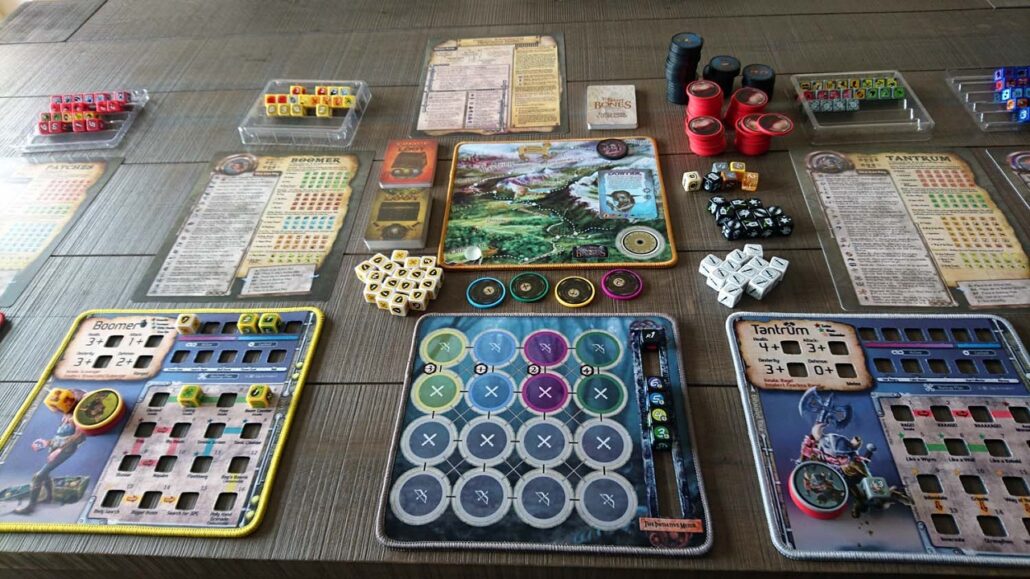
Use Crowdfunding to Sell Board Game Ideas
Crowdfunding remains a premier strategy for validating a concept and securing the necessary capital for production. Platforms such as Kickstarter and Gamefound provide a direct line to a global community of enthusiasts before the manufacturing process begins.
Success on these platforms hinges on high-quality prototypes, crystal-clear rulebooks, and a compelling visual aesthetic. Furthermore, designers must prioritize transparent communication and logistics, as backers in 2026 expect a professional level of accountability and reliable delivery schedules.
People are paying money to buy and back a product, so your product must meet and exceed their expectations. You have to deliver a solid game with good looks. If your game has a narrative design, you need a good character design as well.
Look at this gorgeous marketing trailer from Ludus Magnus Studio’s Black Rose Wars: Rebirth. Can you imagine how much difference these short clips can make in the course of the crowdfunding phase?
Another point you should take into account is the fact that after publishing your game via crowdfunding sites, you unintendedly will receive a ‘crowdfunding designer’ label and that is a hard route to retrace and become independent again.
We at Pixune Studios are ready to help you with your 2D game art services and create a 3D animation trailer for your project.
Sell Your Board Game Ideas to Publishers
For designers who prefer to focus on the creative game design process rather than the business of manufacturing, licensing is the standard path.
Major industry players like CMON, Stonemaier Games, and Ravensburger look for titles that demonstrate thorough playtesting, cost-effective production potential, and a natural fit within their current product lines.
Under a licensing agreement, the designer earns a royalty on sales while the publisher assumes the heavy lifting of manufacturing, marketing, and global distribution.
Before moving on to next section, you can also check this video from Jamey Stegmaier (Designer of Scythe, Euphoria) of Stonemaier Games and learn a thing or two from his valuable lessons.
How Should You Approach a Board Game Publisher?
When reaching out to publishers, preparation is your most valuable asset. Most companies are flooded with hundreds of pitches every year and will quickly dismiss any proposal that feels unrefined or vague.
A professional submission involves strictly following established guidelines, identifying the right target audience, and presenting a game that is functionally complete and easy to teach.
Approaching the pitch as a serious business proposal rather than a casual suggestion significantly bolsters your professional reputation. Let’s review some of the most fundamental steps:
Prepare Yourself for Rejection!
In the world of board game design, rejection is an inevitable milestone. Even a masterpiece might be turned down if it conflicts with a publisher’s current schedule, production budget, or existing portfolio.
Prolific designers use this as an opportunity to iterate, often refining their mechanics based on data from blind playtesting or digital testing environments like Tabletop Simulator.
Embracing feedback and viewing a “no” as a step toward improvement is vital for a sustainable career in the industry.
Who Should You Send Your Submission To?
Publishers typically maintain specific protocols for submissions, which are usually detailed on their corporate websites. Directing your proposal to the appropriate contact, often a lead developer or an acquisitions editor, demonstrates that you have done your homework.
By referencing specific titles in the publisher’s current library, you show an understanding of their brand identity, making it more likely that your game will be seen as a viable addition to their catalog.
How and When Should You Follow Up?
Sending a polite follow-up after the publisher’s stated review window has passed is a professional way to stay on their radar. These messages should be concise and courteous.
Avoid being overly persistent or demanding, as aggressive behavior can quickly burn bridges. Publishers appreciate working with designers who respect industry timelines and understand the complexities of the evaluation workflow.
Why Are Events and Conventions Important for Pitching?
Face-to-face networking at major industry events remains one of the most effective ways to get a game signed. Conventions like Spiel in Essen, Gen Con, and the UK Games Expo provide unique opportunities to demonstrate your game directly to decision-makers.
These personal interactions allow for immediate feedback and help build the professional relationships that often lead to long-term licensing deals.

Board Game Conventions | Location | Attendees | UK Games Expo | Birmingham, UK | ~21,500 |
|---|---|---|
Origins Game Fair | Columbus, OH | ~20,500 |
PAX Unplugged | Philadelphia | ~30,000 |
Essen Spiel | Essen, Germany | ~174,000 |
GEN CON | Indianapolis, Indiana | ~60,000 |
Board Game Geek CON | Dallas, TX | ~4,000 |
Make a Professional Board Game Pitch!
A high-quality pitch is defined by its clarity and its ability to communicate the “fun factor” quickly. The best game publishers look for a succinct summary that covers the primary mechanics, the intended player count, the duration of play, and the target demographic.
Utilizing professional design software like Adobe InDesign to craft polished sell sheets and organized rule summaries ensures that your core ideas are communicated effectively and professionally.
What Are the Key Takeaways for Selling Board Game Ideas?
Successfully selling a board game requires a blend of strategic planning, professional presentation, and emotional resilience.
Whether you choose to license or go it alone, success depends on understanding industry standards and refining your work through constant feedback. Designers who maintain realistic goals and a professional mindset are the ones who ultimately see their concepts hit the table.
Final Words
While the tabletop market is larger than ever, the barrier to entry has never been higher. Publishers are looking for games that are not just “good,” but are market-ready, rigorously tested, and easy to promote.
By aligning your creative workflow with these industry expectations, you significantly improve your odds of transforming a prototype into a published success.
Are you ready to take your game to the next level with top-quality, captivating visuals with quick turnaround times? We’ve got you covered! Don’t settle for less than the best – Contact us today to help you keep your players coming back for more with superb game art.
Get Professional Help to Pitch and Present Your Board Game
The visual appeal of your project often dictates a publisher’s first impression. Specialist studios like Pixune Studios assist designers in developing high-end pitch decks, professional rulebook layouts, and marketing visuals that highlight the game’s theme and mechanics.
Investing in a top-tier presentation builds immediate trust with publishers and can significantly accelerate the path to a signed contract.
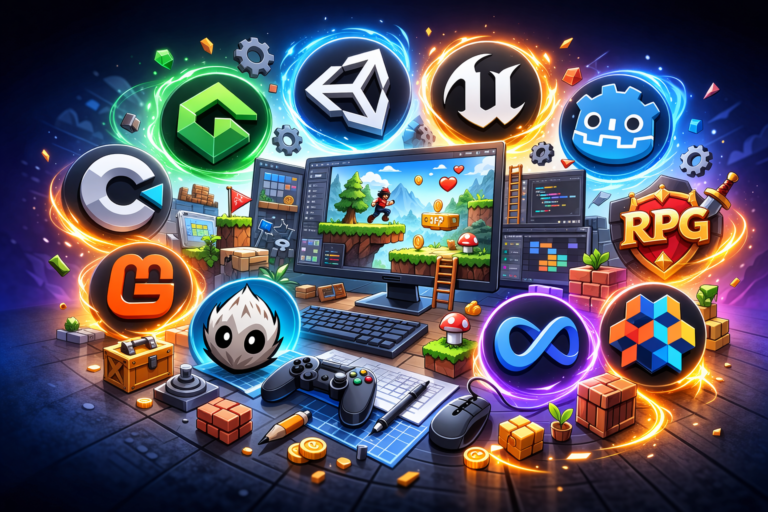
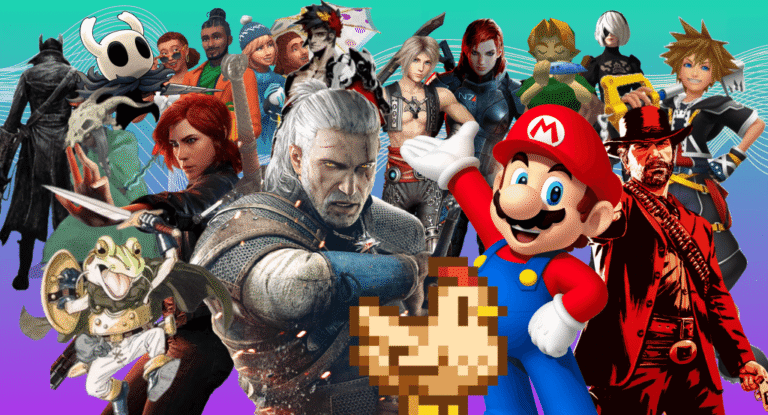

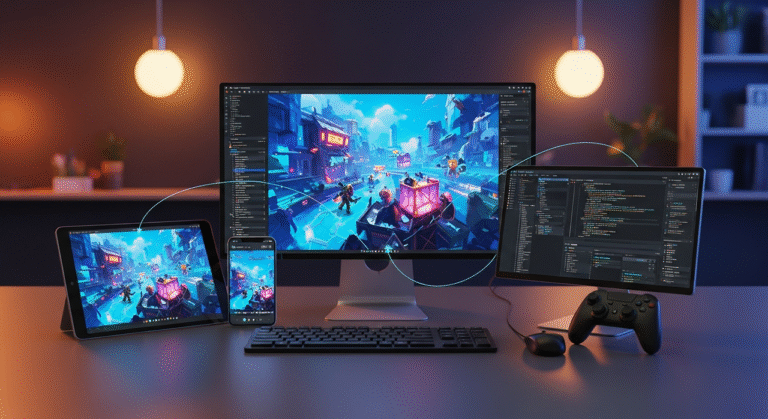
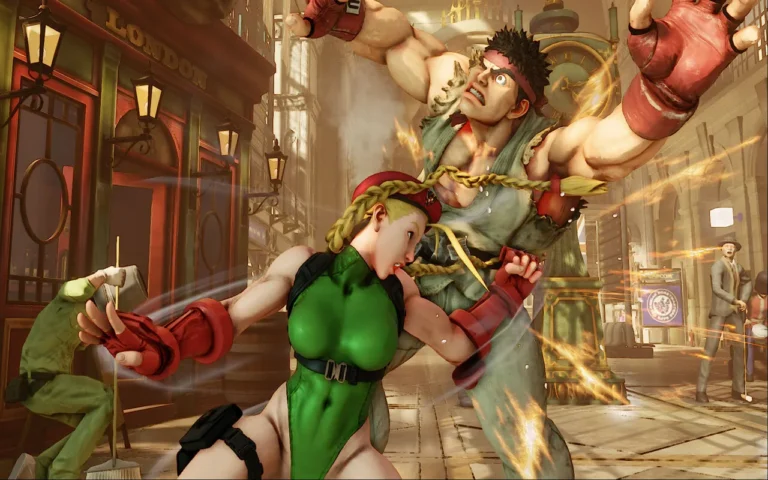


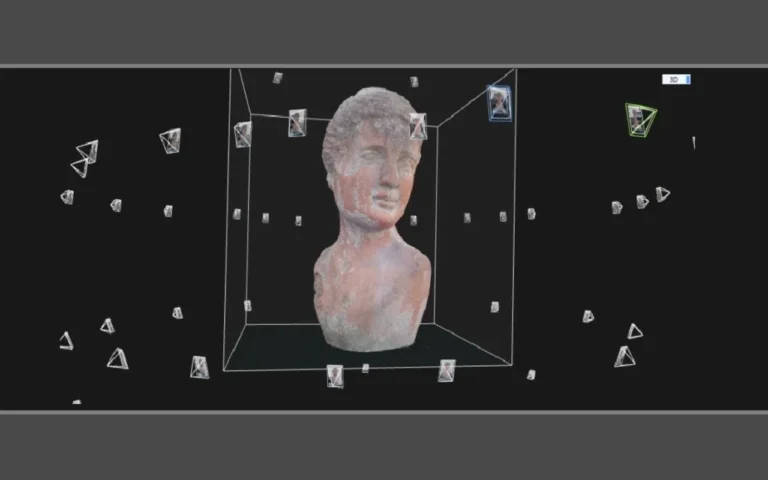
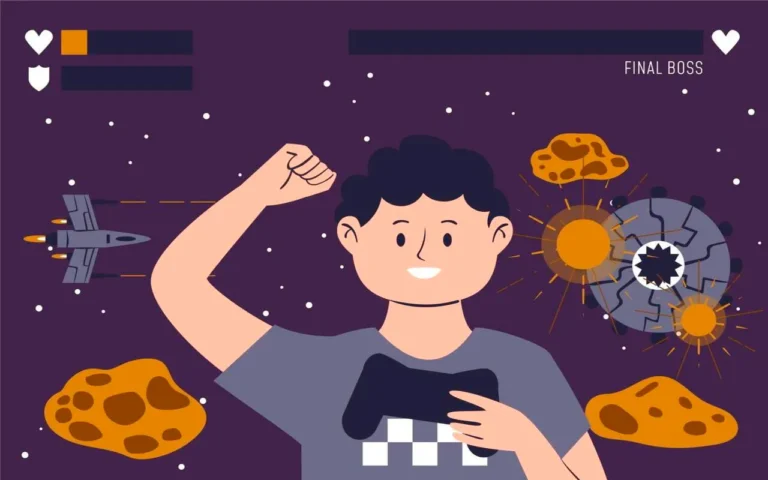

2 Responses
Thank you for the complete breakdown of this subject; although I have a question?
How much will I lose from my sales cut if I want to sell my game via crowdfunding?
Hello Robert, thank you for your kind words. Usually Kick Starter takes around 5% of your total funds and 3-5% of your total fees; that’s in the case if the project succeeds, if it fails, there will be no charge.